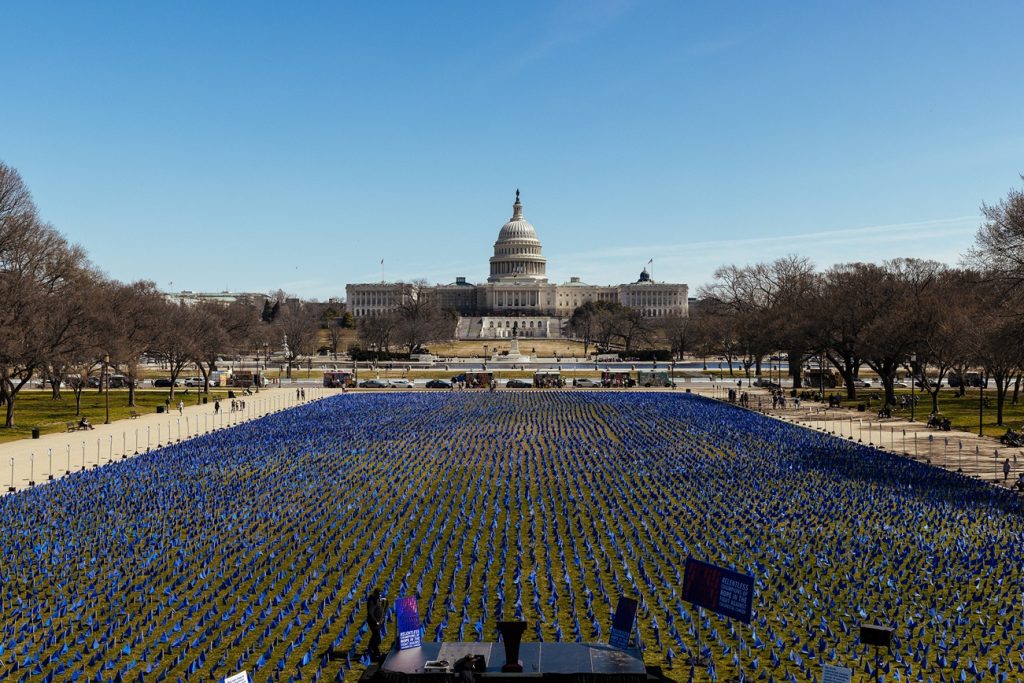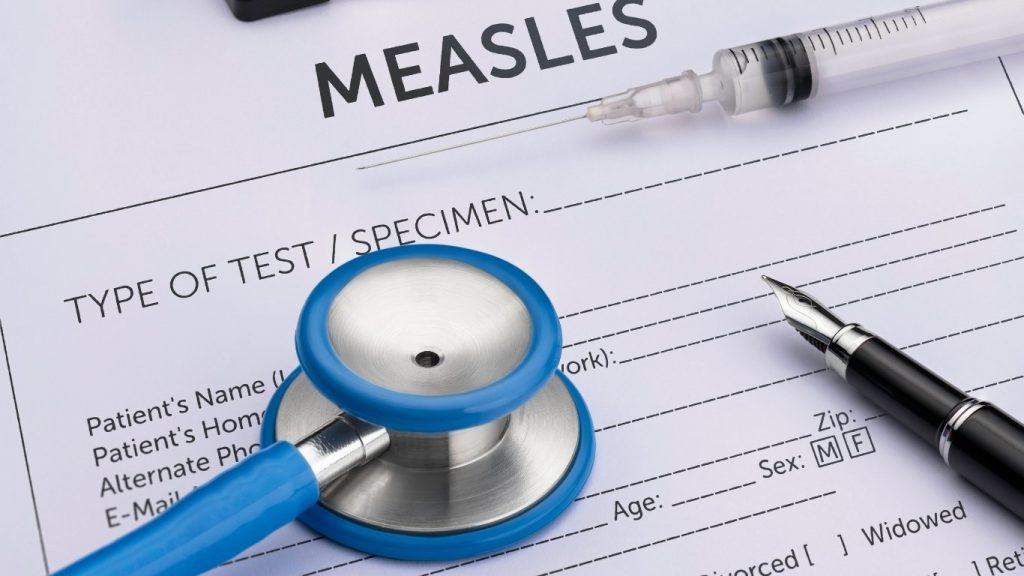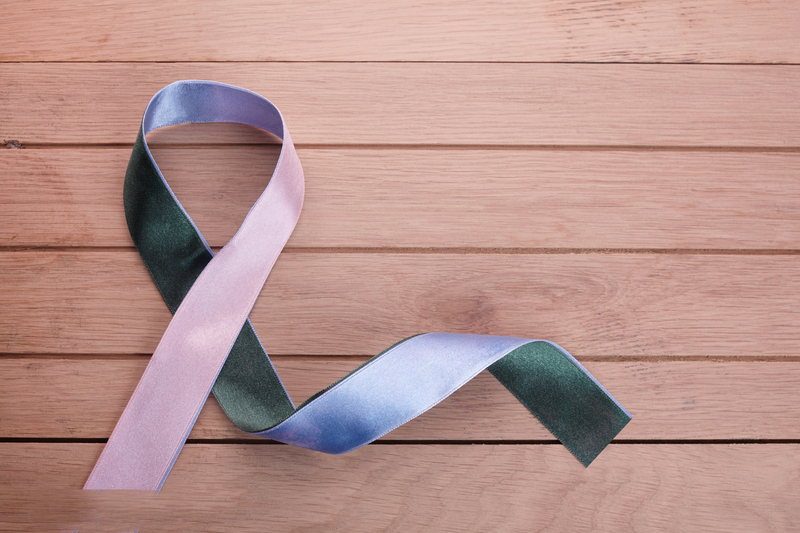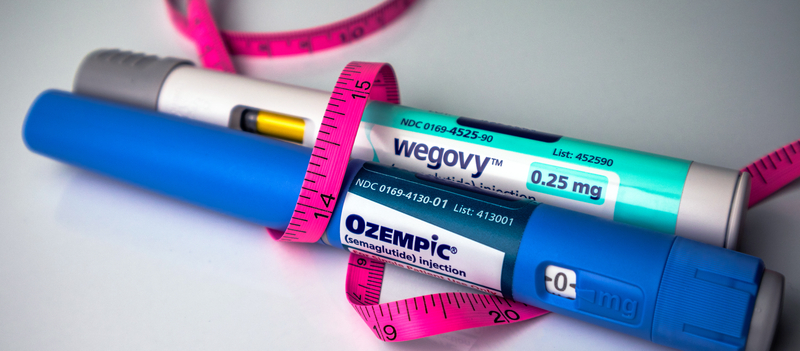
A topic that has garnered much attention in recent years is loneliness. Everyone at one point in their life has felt lonely—sad because they felt isolated and had no one (or extremely few) people to turn to. The ironic realization that in a world where we are now able to connect more than ever through online interactions has actually increased individuals’ feelings of loneliness is one that can feel counterintuitive. Before exploring the reasons why so many people feel lonely—especially young adults and even more specifically young men—it is worth understanding the different types of loneliness. Collective loneliness is usually satiated by belonging to a large community like your school, your place of worship, or anywhere else where you share a common identity with a large group of people. Many people who take steps to feel less lonely will join a collective because it is a way to reduce loneliness that is most in their control. Relational loneliness is felt when someone wants friends from the spaces they regularly occupy—friends to see often and rely on for help. Someone experiencing relational loneliness might know a lot of people, and might even have a full social calendar, but they will say, “I don’t feel like I have any friends”. Intimate loneliness is felt when someone wants a significant other, best friend, or otherwise some other person to rely on for emotional support. Relational and intimate loneliness are the dimensions of focus as the topic is discussed because it is both valued more highly and harder to resolve.
Earlier this year, the United States surgeon general declared loneliness a nationwide epidemic. But instead of elaborating on all the different ways loneliness has proliferated in our broader society, let us learn why young men are particularly at risk. Young adults (18-25) are the age demographic that report the highest ratings of loneliness. This is because (except for adolescence) emerging adulthood is the stage in life where the desire to be accepted by other people is greatest. So if someone is anxious about the degree to which they are accepted, or they do not feel accepted at all, it can be very isolating. Additionally, young adults as an age group by and large experience significant life changes most often (e.g., living away from home for the first time, going to college, serious romantic relationships, potentially getting married and/or having children). The early years of adulthood come with a lot of ‘firsts” and changes. With these changes, it can be difficult to maintain and nurture lasting connections with people.
Why is it, then, that men are more at risk? Based on self-report measures, men often report having fewer friends and social connections to rely on than women; 15% say they have no close friends at all. It has to do with the culture we have curated. Masculinity is associated with individualism and independence; men are not supposed to need or rely on others. Having this concept of masculinity prevents closer relationships between men from forming. This widely-held belief is the reason woman-woman interpersonal relationships tend to be stronger than man-man ones. Young men need to have positive models of healthy masculinity. Young men need someone to show them the difference between being protective and being aggressive, someone to show them that there is strength in vulnerability, someone to give them the courage to face their emotions rather than avoiding them. Generally, young men learn what it means to be a man and how to express masculinity from their fathers or prominent male figures in their lives. But what happens when one is absent or the role model himself does not
have a healthy concept of masculinity?
Human beings have a psychological need for a sense of connection. Without it, people are more likely to develop internalizing issues such as anxiety or depression, or other deficits such as dementia, heart failure, stroke, or premature death. I would say it is impossible to absolve your loneliness by yourself; naturally, you need other people that are willing and able to support you to reduce the pang of loneliness. In order to gain more satisfaction from your relationships, you must be prepared to open up—share your fears and desires. It all boils down to being true to who you are. When you demonstrate authenticity,
you attract people who like you for who you really are.
Trending Topics
Features
- Drive Toolkit
Download and distribute powerful vaccination QI resources for your community.
- Health Champions
Sign up now to support health equity and sustainable health outcomes in your community.
- Cancer Early Detection
MCED tests use a simple blood draw to screen for many kinds of cancer at once.
- PR
FYHN is a bridge connecting health information providers to BIPOC communities in a trusted environment.
- Medicare
Discover an honest look at our Medicare system.
- Alliance for Representative Clinical Trials
ARC was launched to create a network of community clinicians to diversify and bring clinical trials to communities of color and other communities that have been underrepresented.
- Reducing Patient Risk
The single most important purpose of our healthcare system is to reduce patient risk for an acute event.
- Victor Mejia
- Subash Kafle
- Jessica Wilson

















